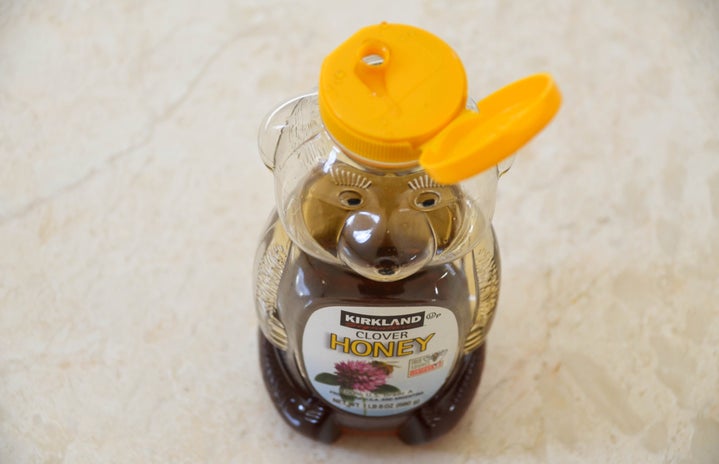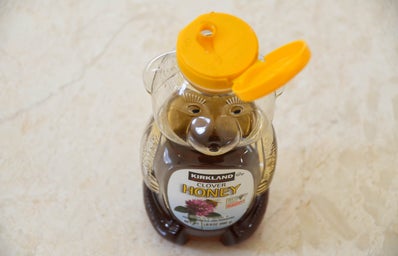My family and I took a trip to Asheville, North Carolina over the summer. While we were there, we ran across a store that sold all different types of honey. This started my fascination with everything honey. Honey has become one of my new favorite things to eat or add to yogurt, smoothies, or ice cream. I have tried many different kinds of honey, and my top three favorites have been Fireweed, Vanilla Bean Infused honey, and Tupelo honey. Fireweed honey is harvested in Alaska, Canada, and across the Pacific Northwest. It gets its name from its seeds which lay dormant until the land is burned by wildfires. The seeds germinate after the fire and then the flowers grow. Tupelo honey is one of the rarer kinds of honey since the tupelo trees only bloom three or four weeks out of the year. Tupelo honey is one of the only kinds of honey that never crystallize. There are many other varieties of honey out there if these three are not your thing.
benefits Of honey:
Honey is an amazing source of antioxidants. Other sources of antioxidants are fruits, vegetables, whole foods, plant-based, and vitamins such as C and E. Since raw honey is the least processed, it has the most antioxidants. Antioxidants are molecules, and they help fight free radicals (and protect your body from cell damage). If free radicals go unchecked, they can lead to a negative effect on your body. Scientists have found links to high levels of free radicals and illnesses such as heart disease, diabetes, or cancer. Free radicals have also been linked to aiding in the aging process. Research has also found that the antioxidant compound in honey, called polyphenol, helps prevent heart disease.
Honey can help boost your immune system, specifically raw honey. Honey has a compound called phytonutrients. Phytonutrients are thought to be the reason honey helps boost your immune system as well as has anticancer benefits. Phytonutrients are responsible for the antioxidant properties of honey, as well as antibacterial and antifungal properties. When honey is processed, valuable nutrients are destroyed, so that is why raw honey is best for boosting your immune system.
Honey also has antibacterial and antifungal properties. Honey contains hydrogen peroxide, which is an antiseptic. Research has shown that raw honey can kill unwanted bacteria and fungus. The effectiveness of honey as an antibacterial or antifungal aid varies from honey to honey.
Honey can help heal wounds. Honey not only is an effective germ killer, but some kinds of honey also help tissue regenerate. A prime example of this is the Manuka honey. Manuka honey has been found to reduce the chance of infection and boost healing time. Honey that is used to heal wounds in a hospital setting has been sterilized and inspected, so sadly do not go out and use store-bought honey.
Honey can also aid indigestion. Honey has been found to be a potent prebiotic. That means that it nourishes all the good bacteria that are located in your intestines. This is not only needed for digestion, but also for your overall health.
Honey is also a good remedy for sore throats. Honey can be added to hot tea to help soothe a sore throat. Research has also found that honey can work as a cough suppressant.
Sadly there are some drawbacks to honey. A recent TikTok trend has been eating frozen honey. Health experts are warning that eating that much honey at one time can cause diarrhea, bloating, and stomach cramping. Raw honey can also have harmful bacteria, such as Clostridium botulinum. This is very dangerous for babies, raw honey should not be given to a baby under the age of 1. The symptoms of botulism poisoning in babies are pretty severe, such as constipation, slowed breathing, loss of head control, paralysis that spreads downward, sagging eyelids, lethargy, and a weak cry. The symptoms in adults include diarrhea and vomiting, which are then followed by constipation, blurred vision, and muscle weakness.
Sources:
https://www.healthline.com/nutrition/antioxidants-explained#what-they-are
https://www.healthline.com/health/food-nutrition/top-raw-honey-benefits#antioxidants


